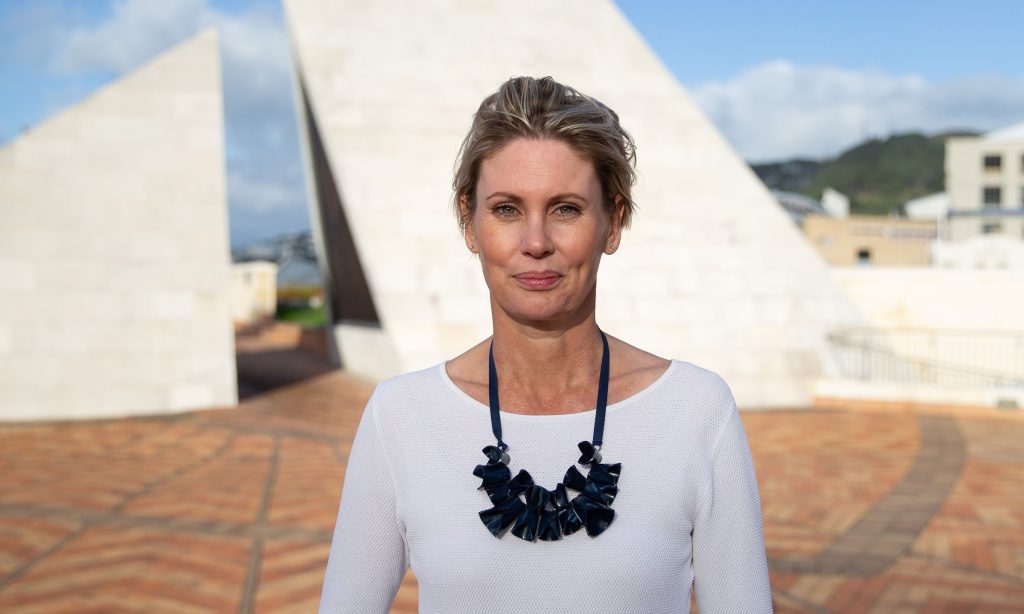Jacqui Hastie

We don’t need to tell people what they think or need to do. Councils can lead this by empowering communities to make their own choices and supporting them through access to good information.
When Cyclone Gita hit New Zealand at the beginning of 2018, Makara Beach had the greatest concentration of damage in the Wellington region. In the months afterwards, the Makara community, in partnership with the Wellington City Council, began the difficult process of deciding how it would adapt to the “new normal”. Jacqui Hastie led the project, which has been striking for its speed and success in reaching consensus decisions.
Jacqui took several lessons from the process. First, she says, “We don’t need to tell people what they think or need to do. Councils can lead this by empowering communities to make their own choices and supporting them through access to good information.”
Secondly, Jacqui believes that focussing too heavily on the risks and worst-case scenarios can reduce the potential to recognise opportunities. “We need to be ambidextrous,” she says. “Of course there is a need to identify the risks and uncertainties, but let’s not get stuck thinking there is no upside. We need to think creatively and stay open to new opportunities.”
Others have noted that Jacqui’s leadership, as well as her communication skills, were key in the success of the Makara Beach project. But is she up for doing it again? “Absolutely, I loved it. I loved the way we all learned from each other.” But while she feels closely connected to Makara now, Jacqui notes that, “Each community has to be looked at independently and each adaptation process has to be co-created with the people who live, work and play there.”
As someone working at the flaxroots of climate adaptation, Jacqui is well-placed to comment on the gaps between climate research and the needs of both councils and their communities. She sees a need to work more closely together and to find ways to make science and community engagement more aligned.
Each community has to be looked at independently and each adaptation process has to be co-created with the people who live, work and play there.
“One way we can do this,” she says, “is through the language we use. Unfortunately, the jargon that comes with climate science can be really exclusive. Terms like ‘adaptation’ and ‘managed retreat’ are abstract and potentially unhelpful when talking with communities, if no one knows what they actually mean.” Jacqui lists some of the other acronyms and science jargon at play in climate adaptation research. “Don’t even get me started,” she sighs.
Jacqui sees the need to be mindful that people are looking for reasons to distance themselves from climate change issues. We can’t let our language be a barrier. “Climate science is most helpful when it’s focussed on people and it doesn’t sound like science. One of the ways that I think the Deep South Challenge can support this is to continue to make the science accessible.”
Jacqui is grappling with the future of a coastal city that is highly exposed to climate change. But she is full of hope for Te Whanganui-a-Tara. “I see Wellington as a place that is learning to embrace its natural hazards and has found innovative ways to live with them. People choose to live and visit here because we have accepted that change is necessary and we’re making the most of that opportunity. We’ve been bold enough to reimagine a CBD that works for the next 100 years and is designed to be redesigned over the next 500.
“People who live here understand that living with risk is just called living in Wellington.”
If you want to learn more about how the Makara community set about this difficult conversation, visit www.wgtn.cc/makara-project